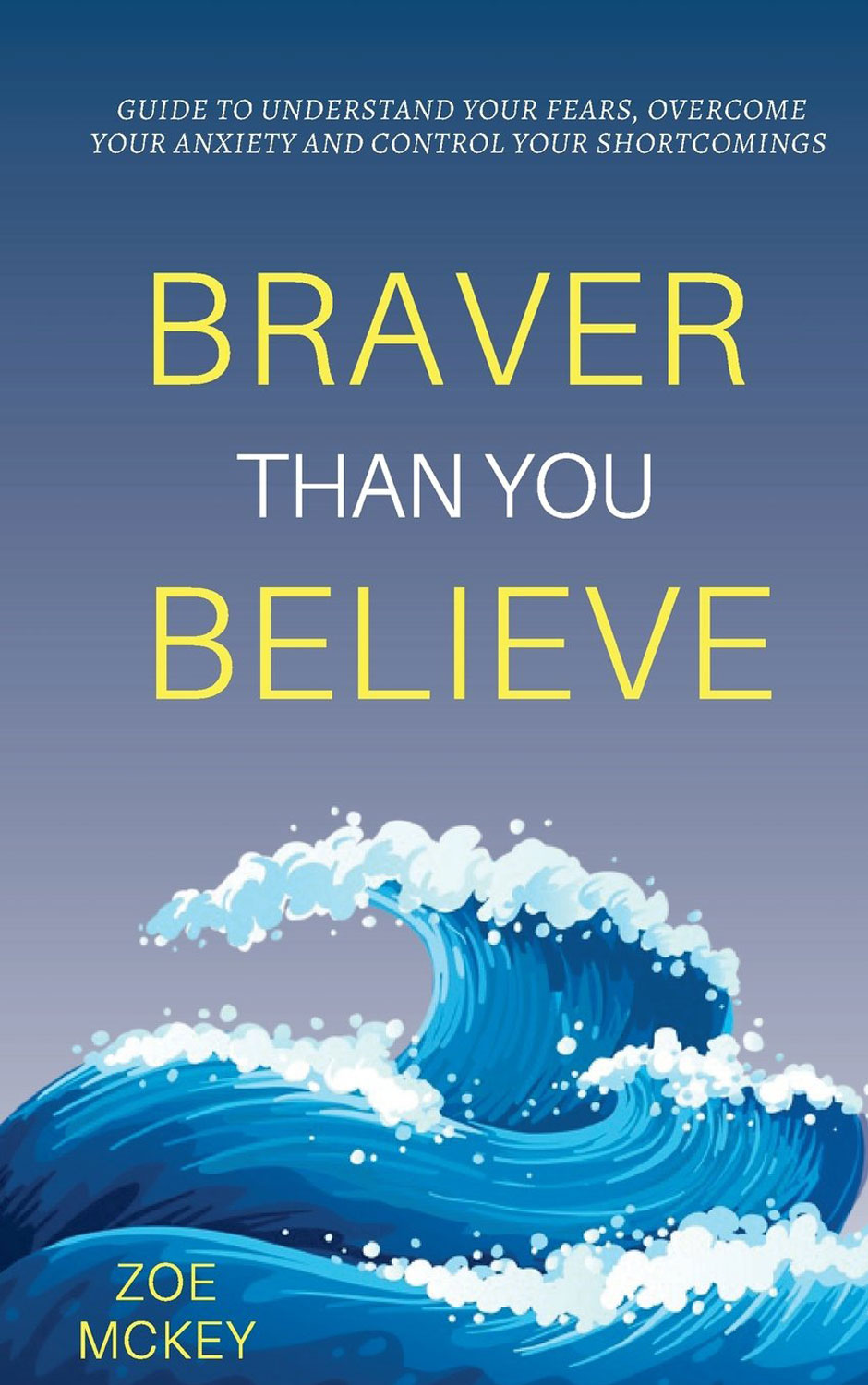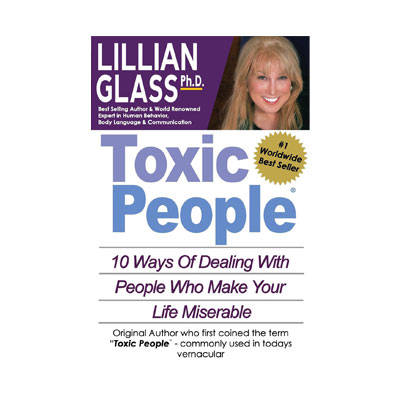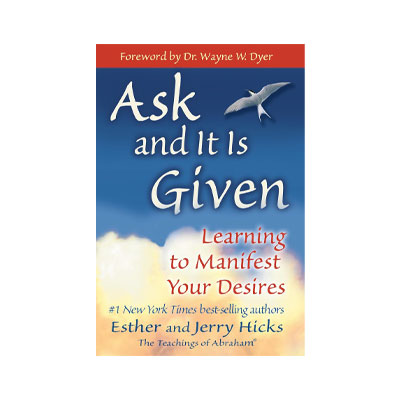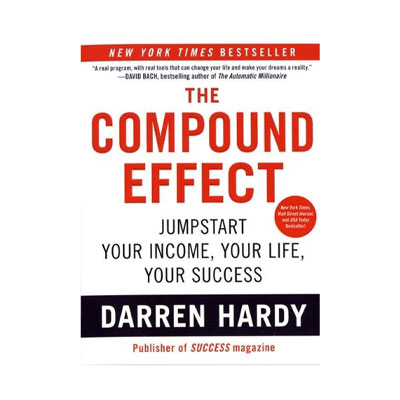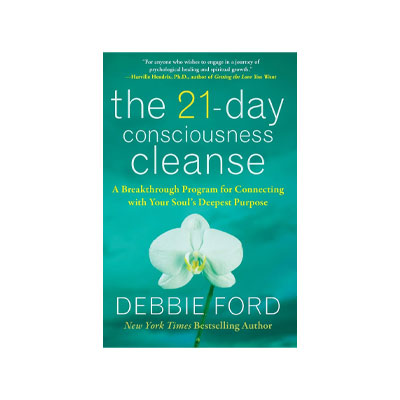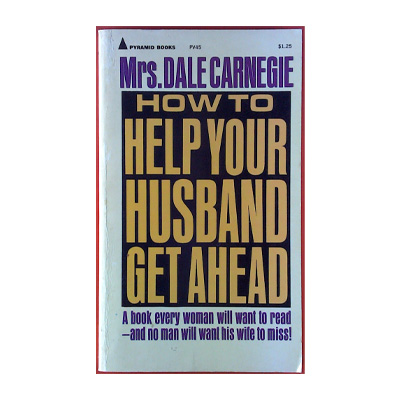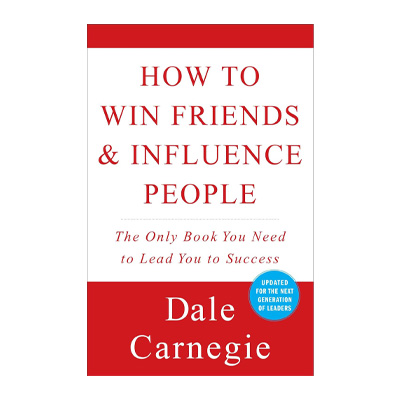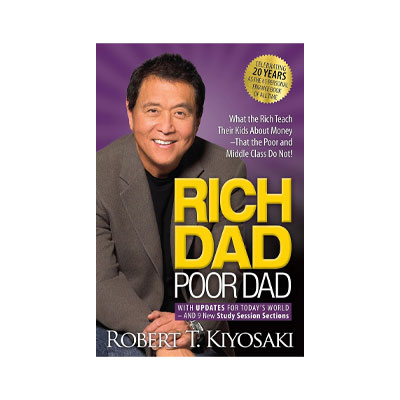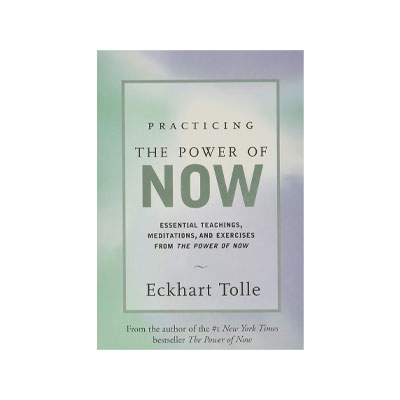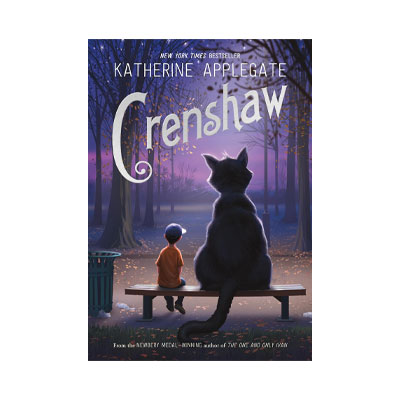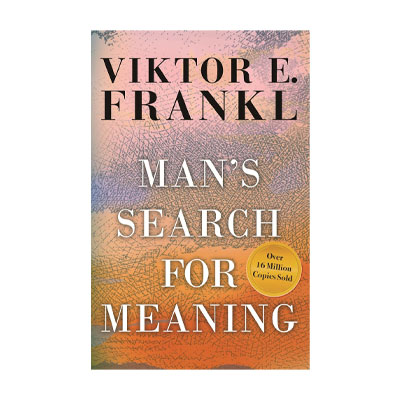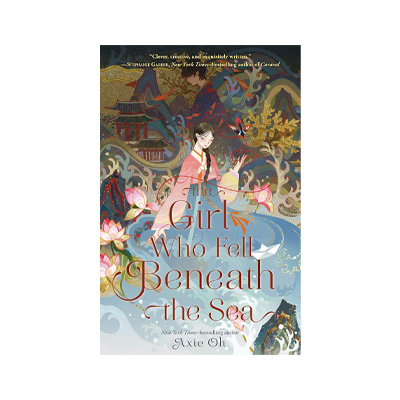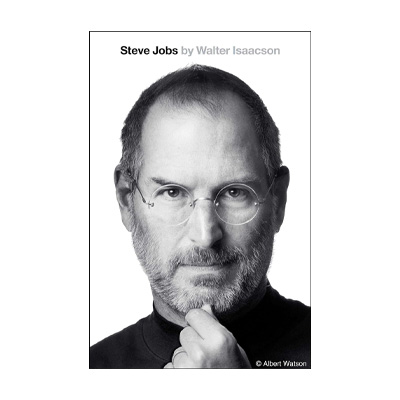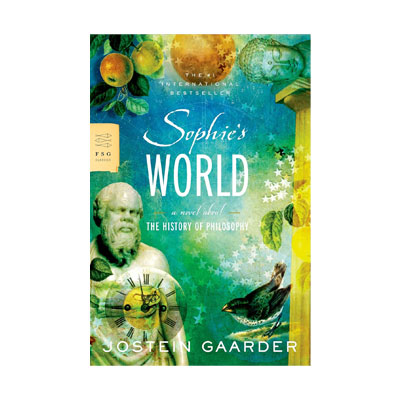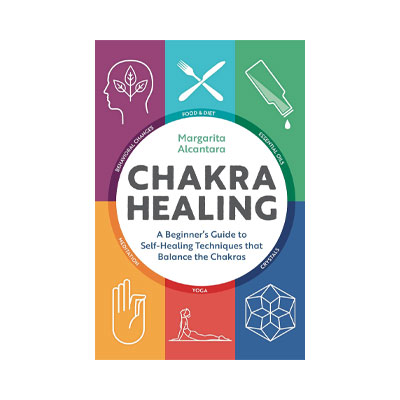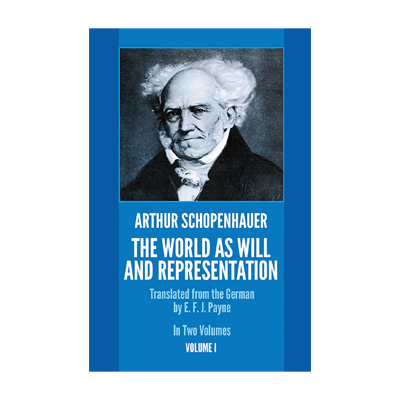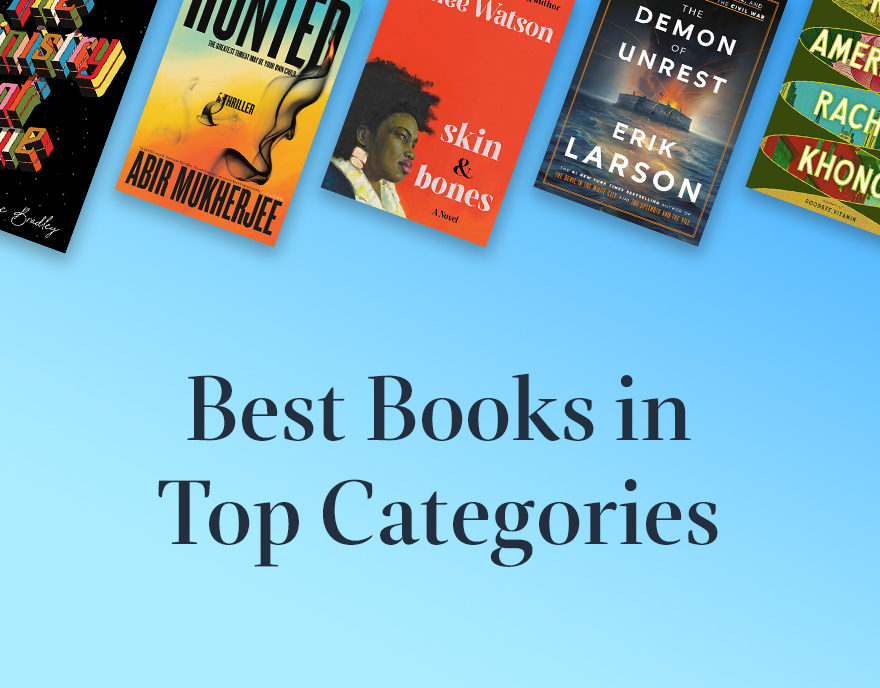Book Summary
The roots of lack or absence of self-confidence are beautifully detailed in the book "Braver than you believe" by Zoe McKey. Individuals who experience anxiety when in a group or social setting, or sweat when trying to talk to strangers, generally have very low self-confidence. Those who compare themselves to others and even do things solely for the approval and satisfaction of others rather than themselves fall into this category.
While engaging in such behaviors may seem very distressing from afar, unfortunately, it is a common practice in today's societies by many individuals in various professional ranks and personal lives, causing irreparable damage to themselves and their families. McKey not only delves into finding the roots of such behaviors in his highly practical book, but also provides effective solutions and creates a unique educational guide that must be read meticulously and put into practice to benefit from its extraordinary results.
About the Author
Zoe McKey is a successful and popular American author whose works always make it to the bestseller lists. She holds a degree in International Studies and is fluent in 5 languages. She has also produced other works such as "The discipline d mind" and "Unlimited mind ".
Who Should Read the Book?
If you are among those who suffer from a lack of self-confidence and want to overcome it, consider reading the recommended work.
Book Quotes
The major obstacle to self-confidence is fear. Fear of trusting, fear of taking action, fear of making even the slightest change in life, fear of failure, all of which have their roots in the experiences of a troubled childhood.
Neuroscientific research has shown that constant worries and anxieties, including feelings of fear and insecurity, make the process of nerve cell reconstruction impossible. Disruption in the process of repairing and reconstructing nerve cells weakens the brain's ability to function in learning and creativity.
Individuals with high emotional self-confidence, due to having sufficient awareness and knowledge of themselves, have less doubt about their abilities and talents and do not let the fear of being liked get in their way. They also do not let the contrary beliefs and opinions of others affect their spirits, even welcoming them with open arms.
Negative comparison only leads to self-destruction. We usually compare ourselves with two categories of people: those who are in better conditions than us, which undoubtedly destroys our self-confidence, or those who are in a lower position than us, leading to false superiority complex.
By carefully considering tasks and managing time, a deadline can turn into an opportunity as long as the three factors of focus, willpower, and perseverance are present. The attitude towards one's problems can either be a part of the problem or a launching pad. If fear replaces problem-solving, it brings more worry and anxiety, resulting in wasted time and missed opportunities.
